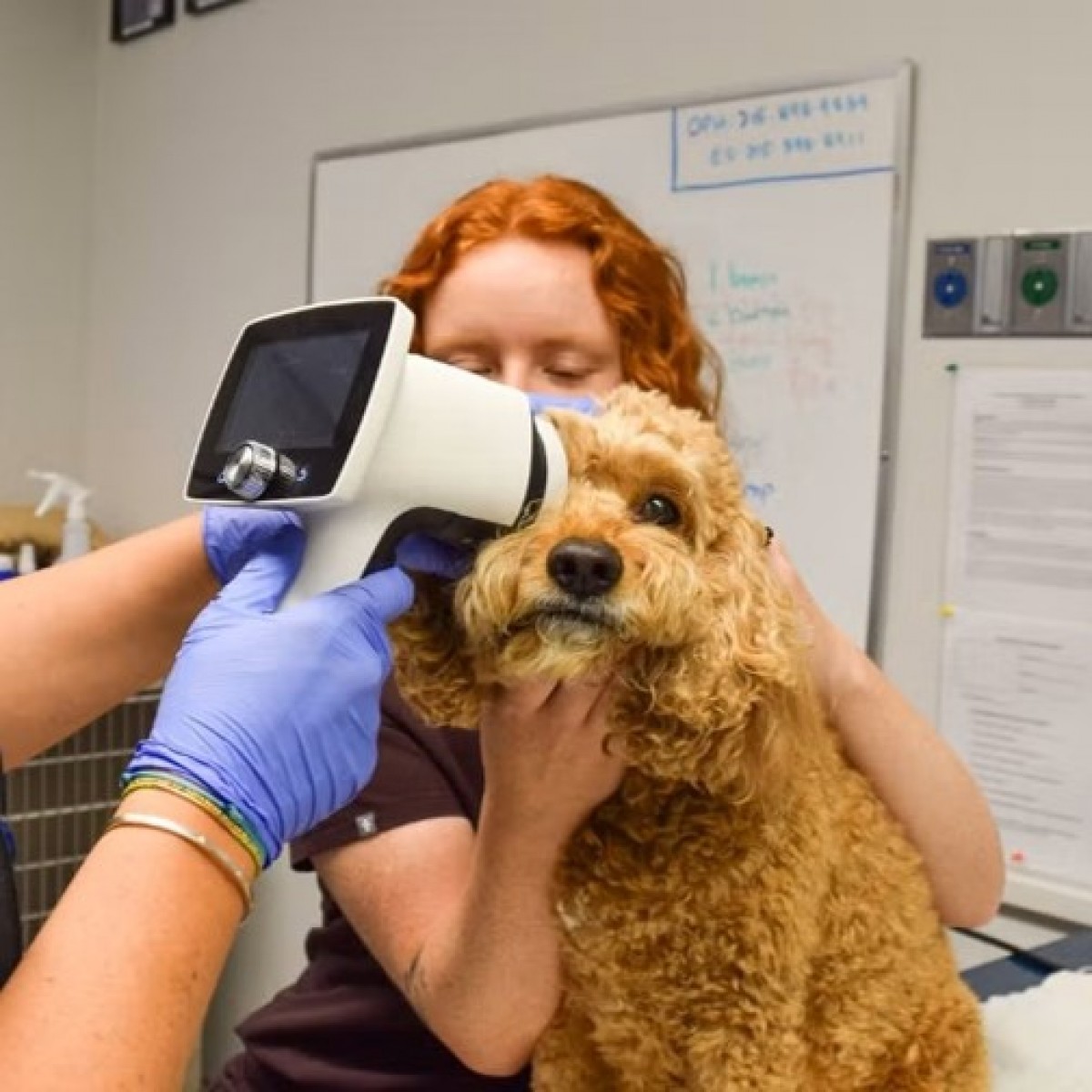Trends in diagnosis, treatment, prognosis of canine insulinoma
This review aims to provide a summary and update the current recommendations in veterinary literature for the diagnosis, treatment and prognostication of canine insulinomas.
The most common pancreatic tumor in dogs is insulinoma. Canine insulinomas are considered to be malignant in more than 95% of the cases because they almost always tend to metastasize. The diagnosis of an insulinoma requires the demonstration of the simultaneous occurrence of hypoglycemia and blood insulin levels that are within or above the high end of the reference interval. The staging of canine insulinomas is preferably conducted by contrast-enhanced computed tomography. In general, surgical treatment is the most effective because it results in long survival times, but many dogs also require medical treatment at some point. The prognosis of canine insulinomas is guarded as clinical hypoglycemia almost always returns due to metastasis or tumor regrowth.
Future directions
Despite current multimodal treatment protocols that are being used by clinicians, the prognosis for canine insulinomas remains guarded in most cases because of tumor regrowth or the presence of micro metastases during surgery. Human malignant insulinomas, that have spread beyond the pancreas have an unfavorable prognosis as well because of the low success rate of the current therapies.
Hence, the development of new targeted therapies is warranted to improve the prognosis of dogs and humans with insulinomas.
Floryne O. Buishand. “Current Trends in Diagnosis, Treatment and Prognosis of Canine Insulinoma.” Vet Sci. 2022 Sep 29;9(10):540. doi: 10.3390/vetsci9100540.














List
Add
Please enter a comment